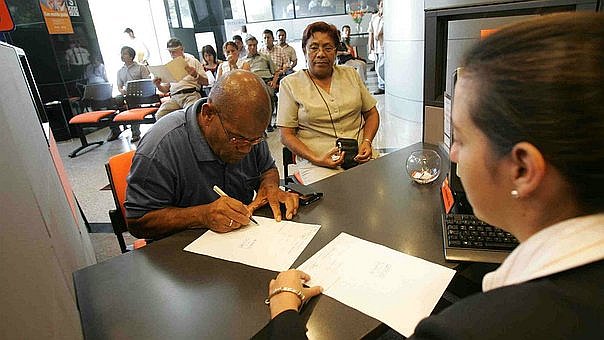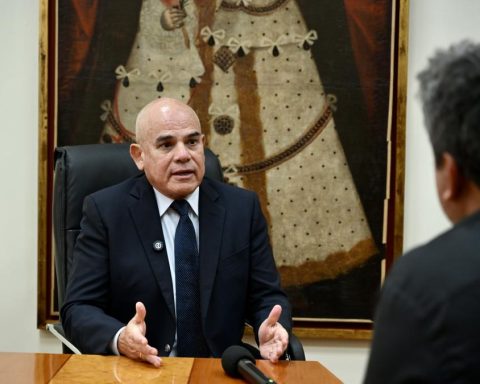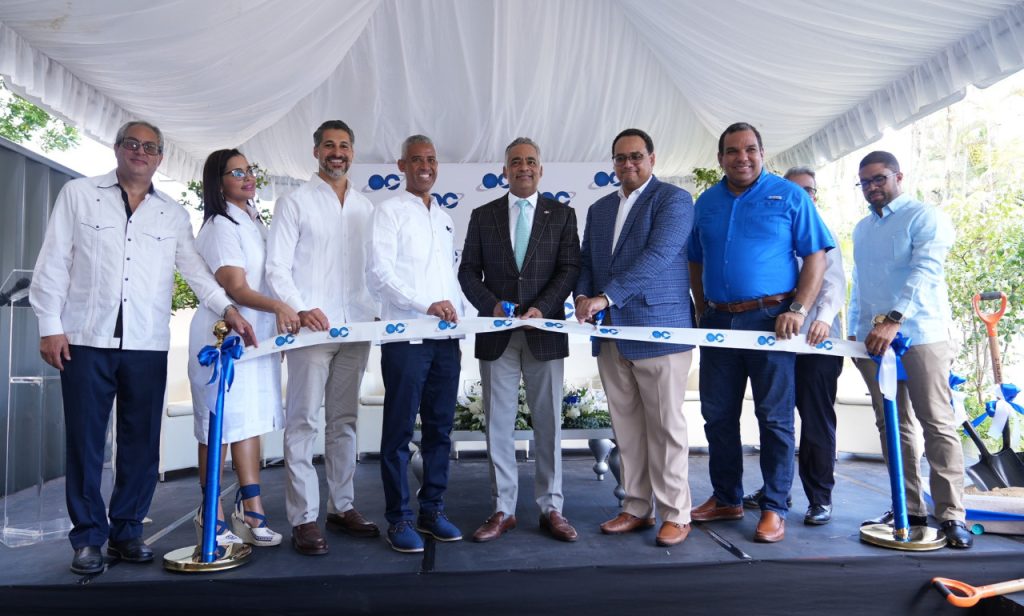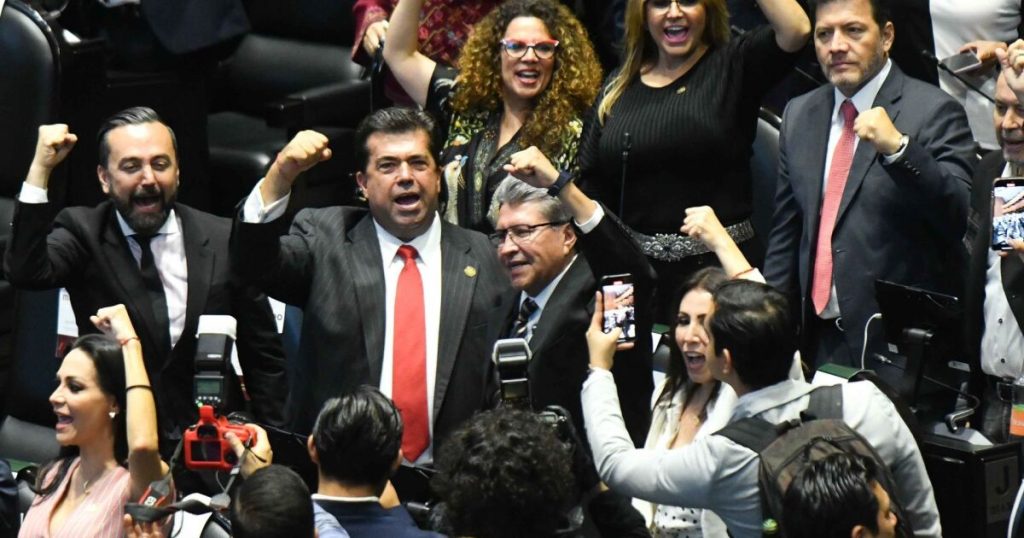As of August 19, 4,279,792 applications were registered for the seventh withdrawal of funds from the AFPwhich translated into more than S/24,000 million in disbursements. However, if the reform of the Pension System (SP), this would be the last free access for members, with a view to thinking about the future of the people.
Look: Messages and apps can lead you to fall for a scam
And the Congress has already given the green light to the reform, whose autograph will be signed on Monday, so that it can then be sent to the Executive for approval or observation.
However, and as expected, a faction of Parliament, specifically from the left, has raised its voice against the initiative, arguing a non-existent benefit for pension fund administrators (AFP), even though the initiative allows the entry of more participants into the market, such as banks, insurance companies, savings banks, among others, which would mean that the AFPs would lose their exclusivity.
One of the proposals that also destroys the opposition’s position regarding the “pro-AFP project” is the “performance commission.” According to article 24 of the proposal, a productivity commission will be applied that takes into account the profitability of the managed fund; that is, members will only pay when the administrator generates profits for them.
MORE CHANGES
The reform proposed by the Congress It also proposes a minimum pension of S/600 for those who make at least 240 contributions to the Private Pension System and do not make any withdrawals after the regulation comes into force.
It also proposes a mandatory contribution for self-employed workers, but this will be done gradually. Thus, starting on January 1 of the third year after the law comes into force, a rate of 2% will be applied, which will increase by one percentage point every two years up to a maximum of 5%.
As highlighted in the table, the pension based on consumption is created. According to the rule, “the total consumption subject to the calculation of the pension must not exceed 8 UIT per year.”
Furthermore, it should be noted that the proposal expands the coverage of the Pension 65 program for people living in poverty, and not just those in extreme poverty.
Former Minister of Economy and Finance David Tuesta He said that, although the proposal is not 100% good, “it is better than what we have now.” He explained that “it cannot be done while there are high levels of informality.”
Look: Executive would bet on restructuring Petroperú
“Now, anyone who contributes something will have a pension. And, as for the contribution for consumption, it will mainly benefit the emerging middle class,” he stressed.
This reform, the former official said, will also require the contribution of the treasury; however, he pointed out that now the Executive has to evaluate how to cover this cost without affecting the deficit.
For his part, the former head of the Superintendency of Banking, Insurance and AFP, Juan Jose Marthansstated that it is “false” when some voices point out that the reform puts the resources of the members at risk.
“Funds, regardless of who manages them, are intangible,” he said, highlighting the possibility of new participants joining in order to reduce commissions and benefit members.
Take advantage of cyber HERE and receive our digital newspaper from S/ 54 for a whole year!
RECOMMENDED VIDEO

















